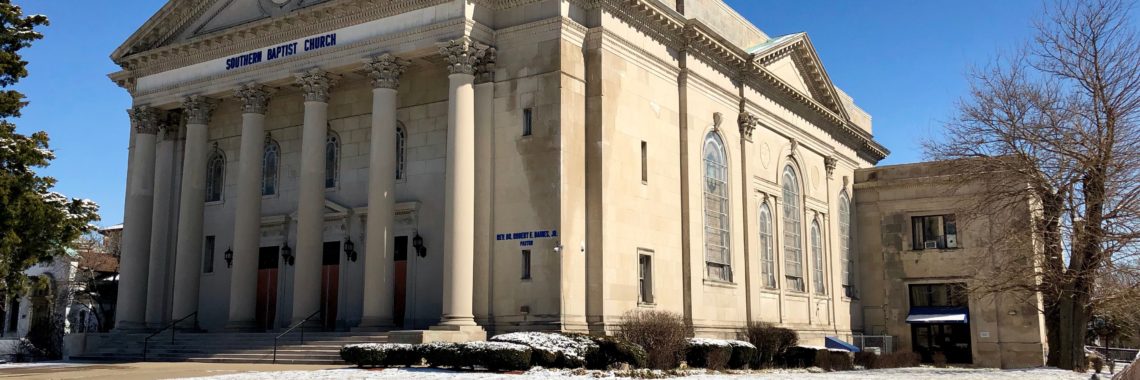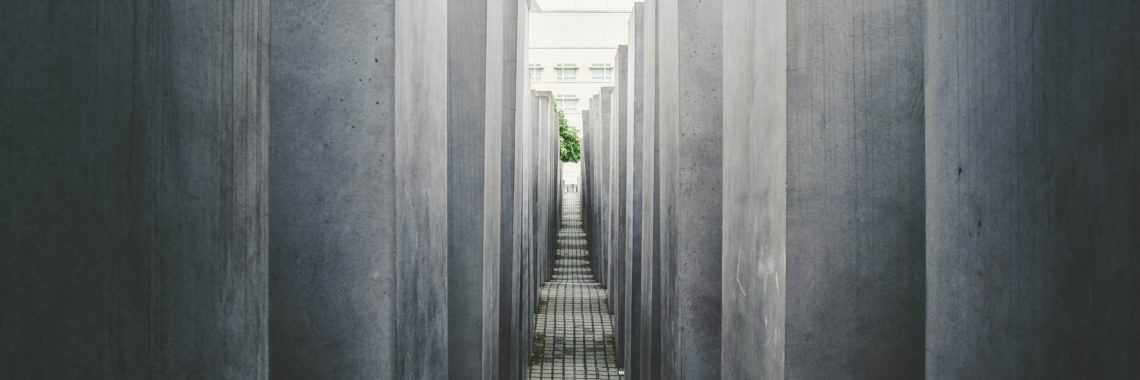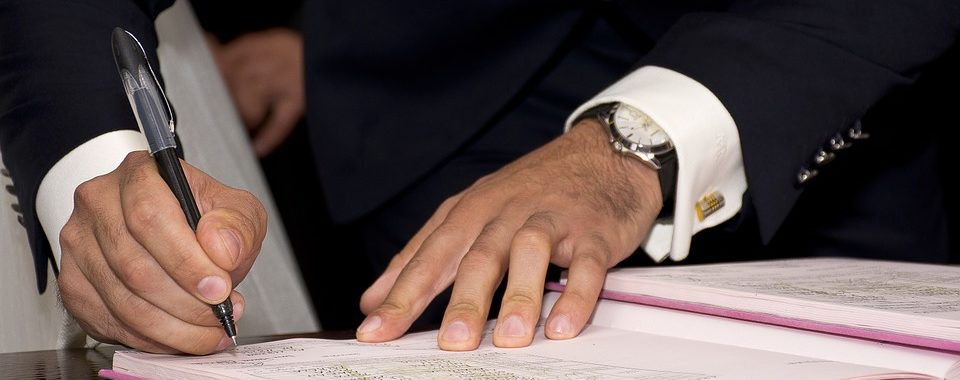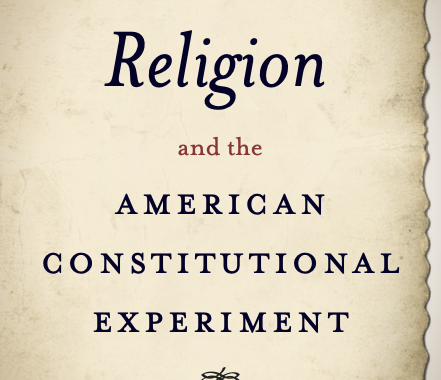“The Southern Baptist Convention Cases and the Limited Option for Holding Religious Institutions Accountable for Clergy Sex Abuse” by Carolyn M. Warner
Southern Baptist Church by Warren LeMay (CC0 1.0) In May of 2022, the news broke that the US Southern Baptist Convention (SBC) had released an independent report investigating the SBC’s handling of sexual harassment and assault by clergy and other employees of SBC-affiliated churches. The report described an institution that prioritized avoiding liability, was callous…











